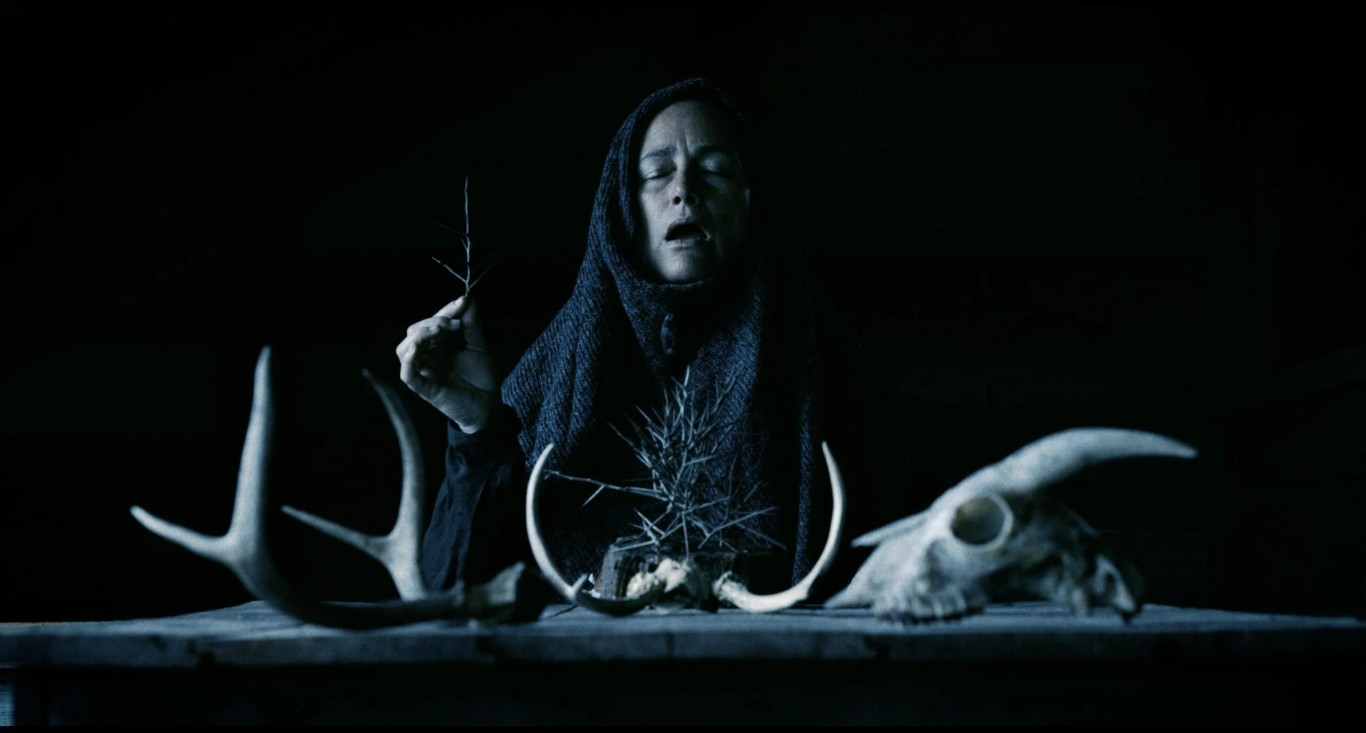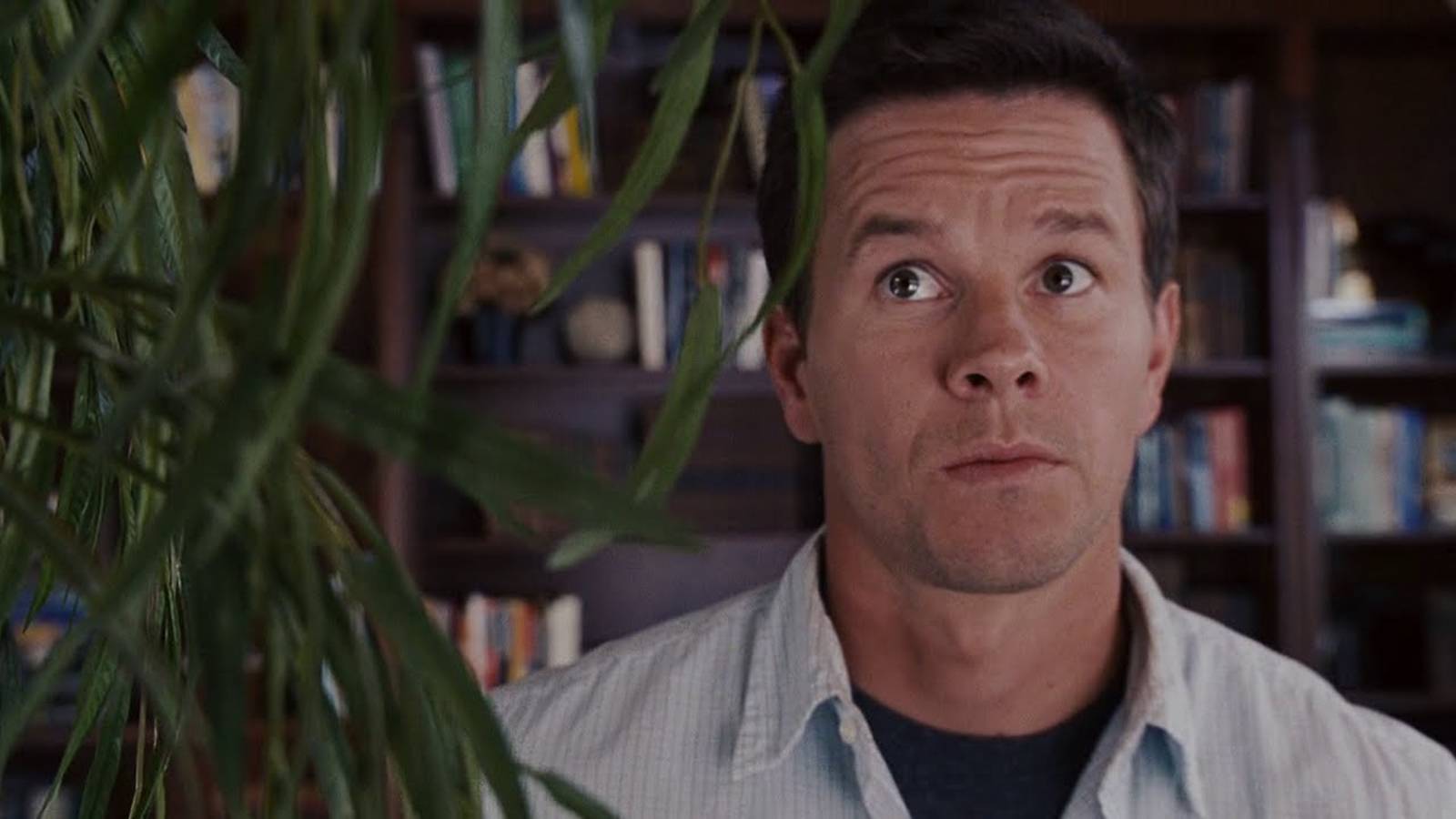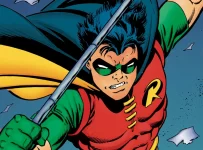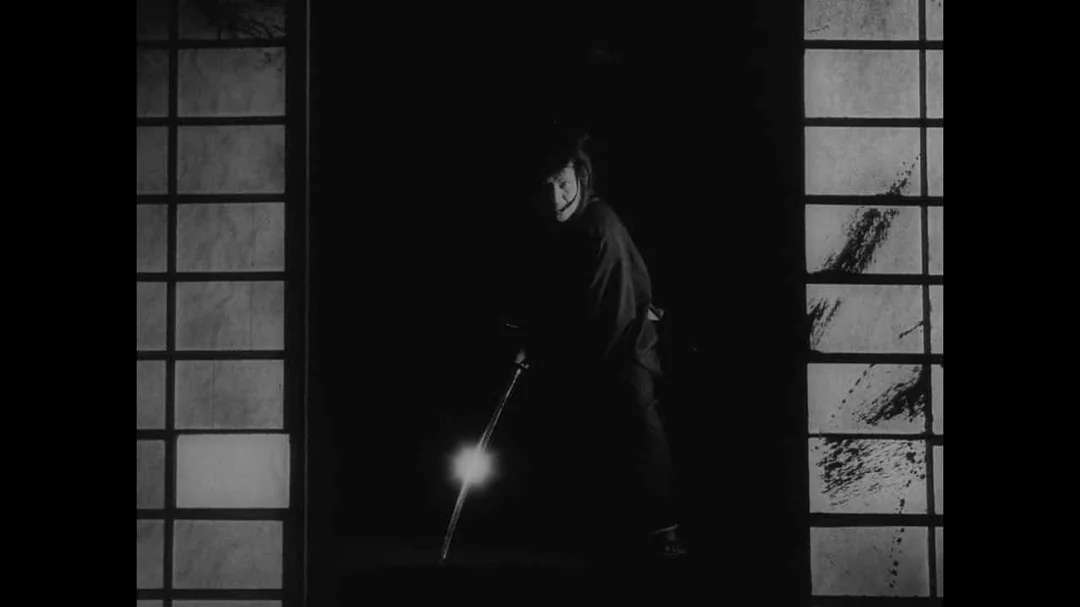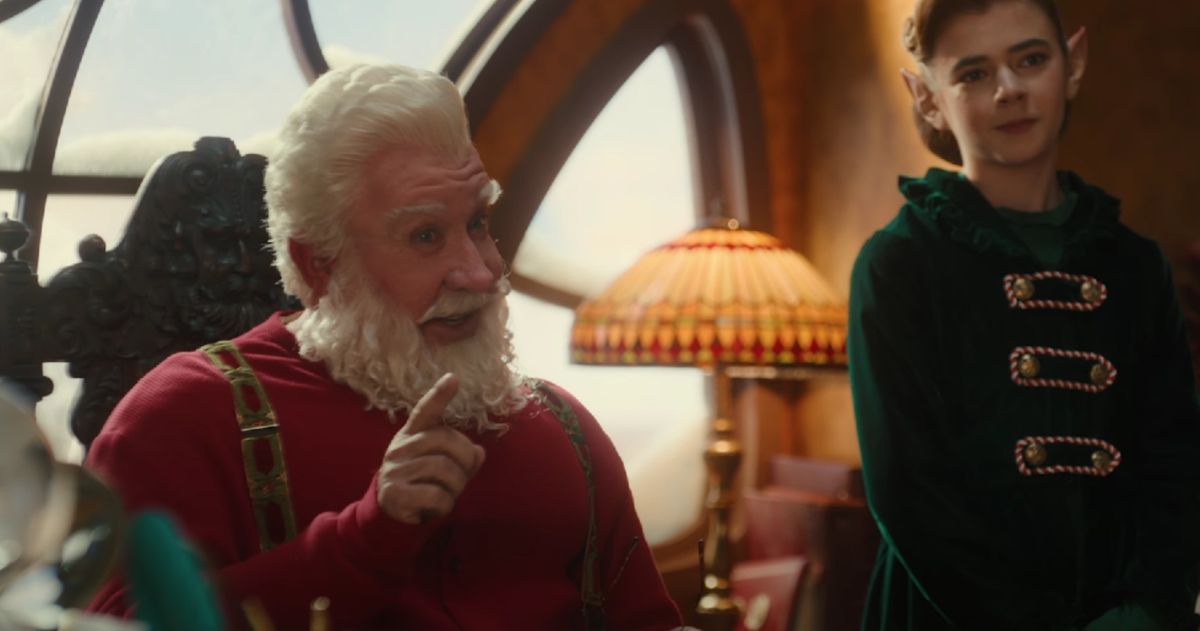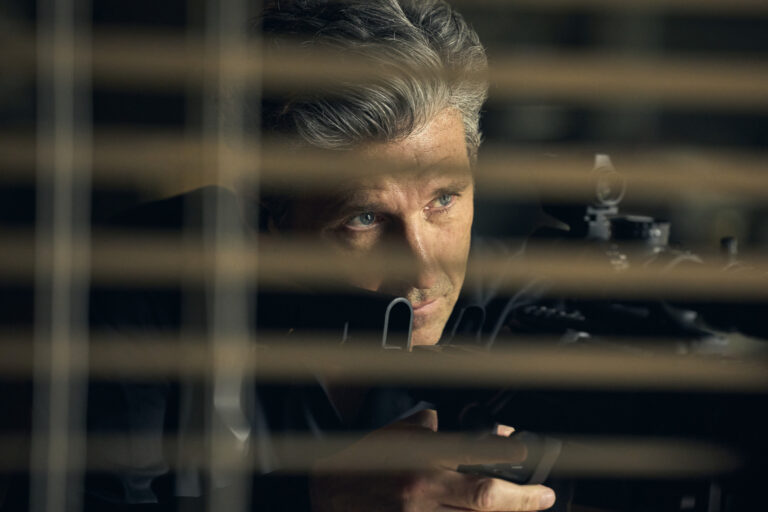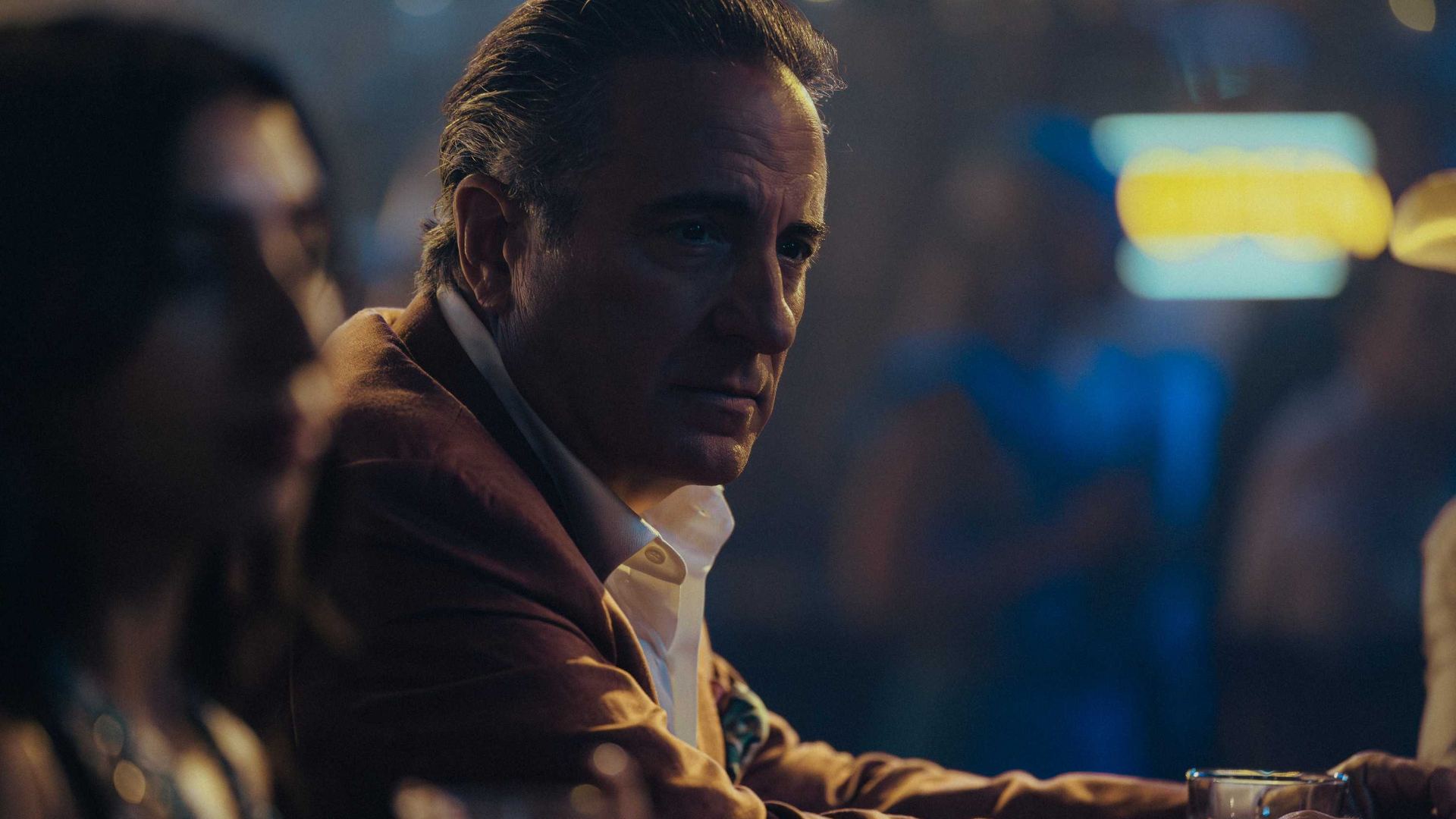
Astronomer and all-around multi-hyphenate Carl Sagan only published one full work of fiction in his life, but Contact was nonetheless a treasure trove of fascinating, deeply meaningful sentiments, everywhere as beautiful as his popular science manifesto, Cosmos. “The universe is a pretty big place. If it’s just us, seems like an awful waste of space,” wrote Sagan. “For small creatures such as we, the vastness is bearable only through love.” Perhaps those two sentiments, simultaneously optimistic and melancholic, accurately describe the feeling of journeying through space.
MOVIEWEB VIDEO OF THE DAY
Those words seem to apply to several TV shows — let’s call them spaceship sci-fi — and encapsulate why those shows can be great. As seen in episodes of various Star Trek series to the masterful Babylon 5, Battlestar Galactica, and Avenue 5, being packed into a spaceship with your own species can be tense, leading to either an existential crisis or hopefully a realization of the interconnectedness of all things and the importance of unity.
The new Syfy series The Ark, airing Wednesday nights at 10 pm EST, dabbles in this specific subgenre and does a good job of capturing its themes. Written and created by Dean Devlin and Jonathan Glassner, the men behind Independence Day and Stargate SG-1, respectively, the show has a fine pedigree behind it. But can it live up to the high bar their success has set?
The Ark Casts Humanity Adrift Without Authority
Ark TV Holdings
Syfy
The Ark begins with a bang and doesn’t let up for quite some time. In many ways, like the Bear, this is a series about how people cope (or don’t) with extremely high stress. In the 22nd century, humanity has scattered the stars in search of some hospitable environment. They’ve destroyed their own planet and sent crews across the cosmos in various spaceships (deemed ‘arks,’ hinting at another diluvial disaster) to colonize environments and save humanity. Hopefully, they aren’t owned by Bezos and Musk, Jr.
One ship, though, finds itself in extreme danger after the hull is breached, the structure is damaged, and all the commanding officers are killed. Their cryo-pods are destroyed, so they can’t snooze through space until they reach some cozy destination; their food supplies are short and dwindling; the ship has limited power; no soul is at the wheel. After The Ark’s breakneck opening, the crew has to come together and decide what difficult choices must be made to survive. A ragtag team of Lieutenants form, taking charge in the absence of authority, and the right people are sought after for the right jobs, filling vacancies left by the dead.
Related: Exclusive: Dean Devlin and Jonathan Glassner on Their Tense New Sci-Fi Series The Ark
On top of that, these ‘right people’ may not all be who they claim to be. With the world flooding behind them, many people wanted to get on the ships, and some would even kill to do so. There are secrets in this crew, and more than enough drama to go around as people break rules, develop relationships, form alliances, and hide the truth. While that may sound like the reality series Survivor, this show is more social in its narrative of survival against the odds, and more like a thought experiment — when the governments and societies of our world inevitably collapse, when all forms of law and authority are destroyed, can people actually work together to survive?
Too Much Action, Too Small a Budget
Ark TV Holdings
Syfy
These are big, fascinating themes, and The Ark relishes exploring them. It does so with an odd sense of pacing, though, with seemingly two new survival-threatening crises an episode. The result features one mysterious, enticing series where a slower and more methodical look at character development, the unearthing of secrets, and the building of emotional ties take place gradually through the show. Meanwhile, each episode seems contractually obligated to feature ship-shaking action, flashing red lights, screaming, and last-second close-calls. There’s a good, compelling show here, punctuated by crisis-of-the-week storytelling.
If those crises were masterfully done with a multi-million dollar budget, that might not be such a bad thing. Unfortunately, the special effects in The Ark loosen the tightness on one’s suspension of disbelief. They’re legible and coherent, with a certain kind of polish, but they’re simply fake-looking; whenever the series cuts from the meticulously designed, cold interiors of the actual set to some stiff CGI rendering, it’s jarring. In addition to these video game cut scenes, the action and apocalyptic intensity feel requisite in nature, as if the series had to acquiesce to a certain averaged figure of conflict per minute.
The Ark Is Grounded by Human Drama
Ark TV Holdings
Syfy
The human drama and intellectual concepts are really where The Ark shines. It’s fascinating watching the characters evolve, forced by the situation itself to become something different or tap into aspects of themselves that nobody has ever allowed them to access before. The cast is mostly wonderful, with Christie Burke leading the way as a seemingly committed and competent new leader who has some dark skeletons in her proverbial space closet. Richard Fleeshman is charming as hell here, playing a kind of second-in-command, and Reece Ritchie is wonderfully uptight as an extremely logical man who has growing suspicions about the people around him.
Related: The Best Syfy Channel Original Series, Ranked
The Ark has too large of a cast to go into detail, which is actually a good thing here. There’s enough variety and personality on the ship to allow for nearly infinite configurations of drama, relationships, and problems, and it’s interesting to see people blossom. Even after only four episodes, there is enough organic character development and narrative progression that it will be exciting to see what The Ark does with three times that amount of television, much less what it could do with more seasons.
Secrets and Lies on Syfy
Ark TV Holdings
Syfy
Ultimately, at just four episodes screened for review, the only thing The Ark can be dutifully criticized for now is its poor special effects, but nobody ever raved about the technical genius of the 1960s effects in the original Star Trek or Lost in Space. Nobody looks back on Battlestar Galactica or Lexx and condemns the shows because of their effects. Special effects are generally dating, and if it isn’t on HBO or Netflix, they’re generally bad in television.
The secrets and lies of The Ark are only beginning to unravel by the end of the fourth episode, and they’re fascinating; watching the ensemble’s dynamic change with different revelations is part of the suspense here, as well. The cast does a good job maintaining the uncertainty while displaying conviction, and the actual, practical scenes are very well done, building the suspense set by the characters. At its best, The Ark is like The West Wing in space. At its worst, The Ark can feel a little lame, looking like Hercules: The Legendary Journeys. But even at its worst, it promises something interesting about the human condition, reduced to its bare essence in the scope of near-infinite space.
The Ark is produced by Electric Entertainment, Balkanic Media, and PFI Studios, with the first of 12 episodes airing February 1, 10 pm EST on the Syfy channel.
You can view the original article HERE.














